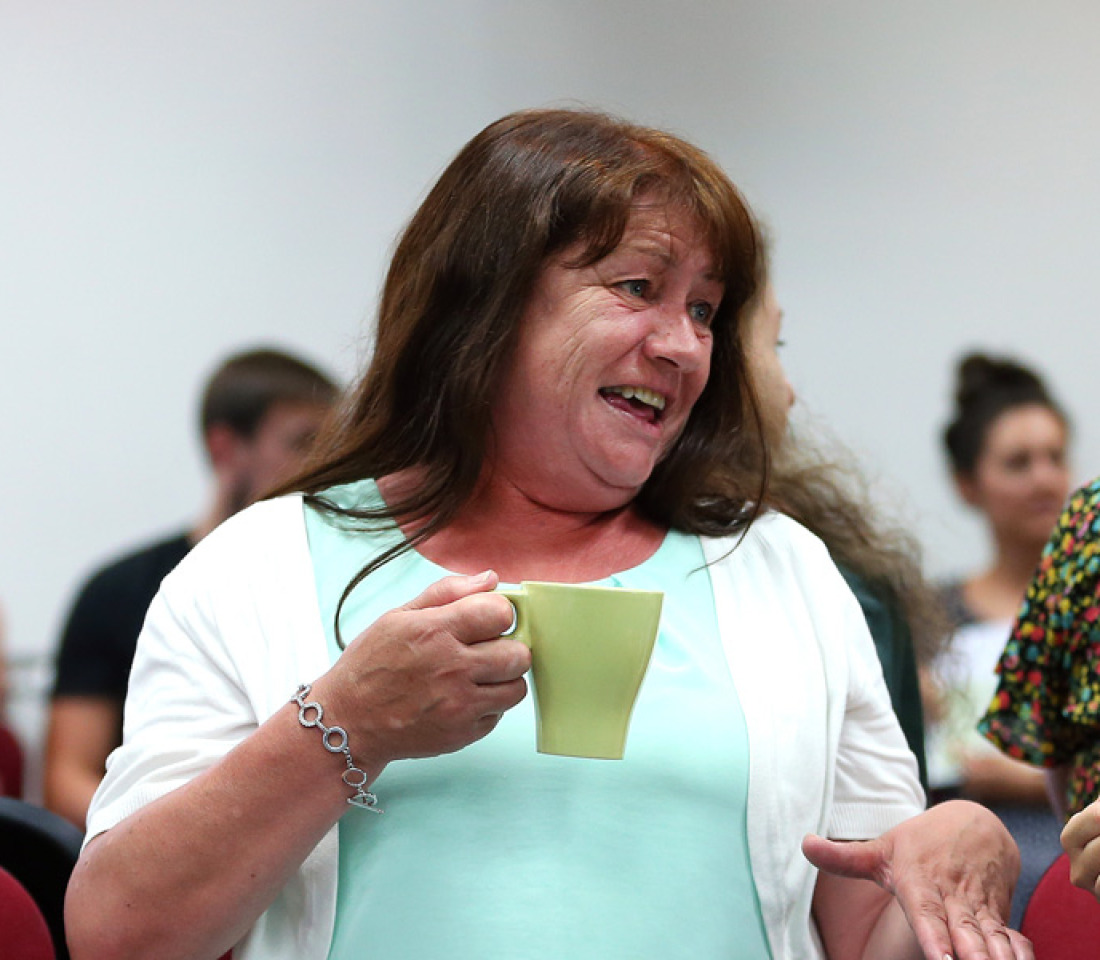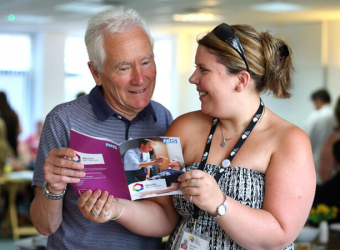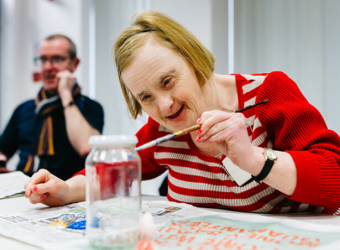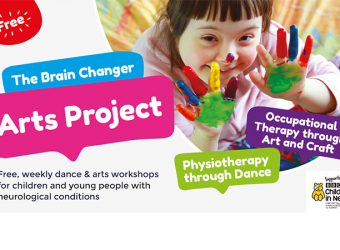What is antiphospholipid syndrome (APS)?
APS is an autoimmune condition that makes the blood stickier than normal, causing an increased risk of blood clots.
What causes APS?
It is unclear why the abnormal antibodies that result in antiphospholipid syndrome are produced but it is thought to be due to a combination of genetic and environmental factors. Research has found that having a family member with these abnormal antibodies does increase a person’s chance of also having them, and faulty genes that result in other autoimmune conditions such as lupus may play a role. Environmental factors such as viral and bacterial infections can also trigger antiphospholipid syndrome.
Although there is no cure, the risk of developing blood clots can be reduced with treatment. To receive a diagnosis of APS, blood tests must be carried out by your GP.
What are the symptoms of antiphospholipid syndrome?
Symptoms of APS include:
- Fatigue
- Headaches or migraines
- Balance and mobility difficulties
- Memory problems.




















